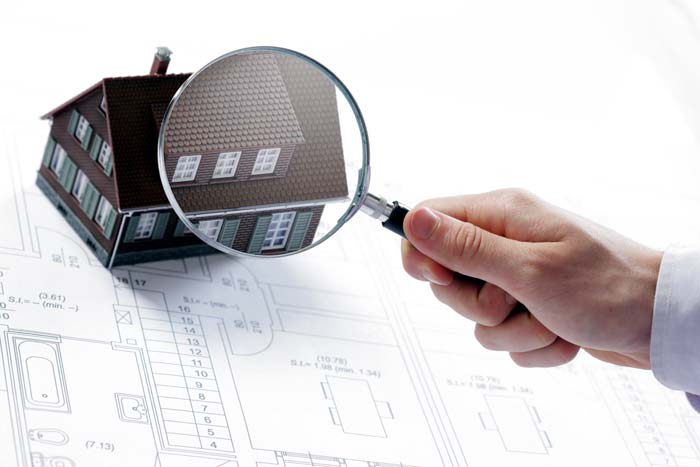When you are trying to sell your house, there are several hoops that you have to jump through in terms of paperwork and bureaucracy. However, in the end, it has the same goal – to ensure that everyone gets what they deserve. You’ve found the Seller’s Guide to Home Inspections which will help you better understand everything involved!

Seller’s Guide to Home Inspections
However, when it comes to having your house inspected, it is a lot like taking a test at school. Have you done all you can and have you followed all of the instructions to ensure that your house is in good condition? At this point, it is probably too late to change anything big, but there are a few simple things you can do that may sway the inspector to give your house good marks.
1. Clean Up a Bit
First on our Seller’s Guide to Home Inspections is cleaning. When I say a bit, I actually mean a lot. The inspector will have to inspect your house in quite a bit of detail, meaning that they will look at places you probably haven’t seen in years, if ever. The attic, for instance, is important when conducting a roof inspection. Here’s a list of things an inspector will look for during the roof inspection. Other places include the basement, storage areas, and your water mains, all of which come with their own set of potential cleaning challenges
The main reason why it is important to clean your house before an inspection is our inherent belief that a clean house is a well-maintained house. And however professional an inspector is, they are still a person, and at least in a small way, a clean house will seem like it is well looked after.
2. Be Ready for Them
Inspectors are professionals who have a lot of work and they don’t like wasting their time. That’s why you can expect them to be punctual, or even come a few minutes ahead of time. Chances are that they will want to start with the outside of the house, so even if you haven’t seen them, they might already be outside, conducting the first part of the inspection.
That’s why there is a bit of conventional wisdom that may or may not be true. That is, keep your blinds and shades closed on inspection day if you don’t want to be surprised by a figure outside your house looking intently.
3. Clear the Clutter around Important Parts of the House
The inspector will need to check your AC, your water heater, your furnace, and a lot of different things. However, these things tend to be quite inaccessible as we use the surrounding areas as storage places for all the boxes. However, before an inspector comes, you need to ensure that they can reach all the areas of your house they need.
If they cannot get to the heater or the furnace, they might write it down as an incomplete inspection. This is certainly not going to sit well with potential buyers, even if nothing is wrong with your home.
Similarly, the outside of your home needs to be accessible. All the outdoor elements that may need to be inspected need to be clear of any kind of debris and junk. That includes any outdoor water lines, your sewer line or a septic tank, and your home’s foundation.
4. Have Your Home’s Paperwork on Hand
Every house needs occasional maintenance or repair for one reason or another. The inspector is likely to find evidence of such works. So, the right move and tell them upfront what you’ve repaired or improved in the house.
Make sure to keep all the receipts and any potential remodeling plans you might have. You can show them to the inspector or buyer’s real estate agent. They will likely be interested in those parts the most.
5. Keep Your Electricity On
One of the things which need to be checked during a house inspection is the electrical systems. That means that all of your appliances need to be turned on and available during the inspection.
More likely than not, an inspection won’t be checking small things like the toaster or the coffee maker. But it is certain to include larger, more expensive devices, such as the air conditioning unit or the furnace. Most inspectors will even check out your stove, washing machine, and fridge.
What’s more, your electrical fuse box will need to be examined as well to ensure that everything is OK with the wiring and with your home’s electrical load.
6. Get Out of Their Hair
Inspections can take a long time, especially if the house is big. The potential buyer will likely want to be a part of the inspection and ask the inspector questions. However, they might not be comfortable doing that in front of you. So it might be courteous to leave and give them the freedom to discuss everything they want.
This will not change your house’s evaluation. But it might give both the inspector and the potential buyers a better opinion of you. Perhaps even more confidence in your house! That will translate into good news for you if the deal goes through. Hope you’ve enjoyed our seller’s guide to home inspections!



